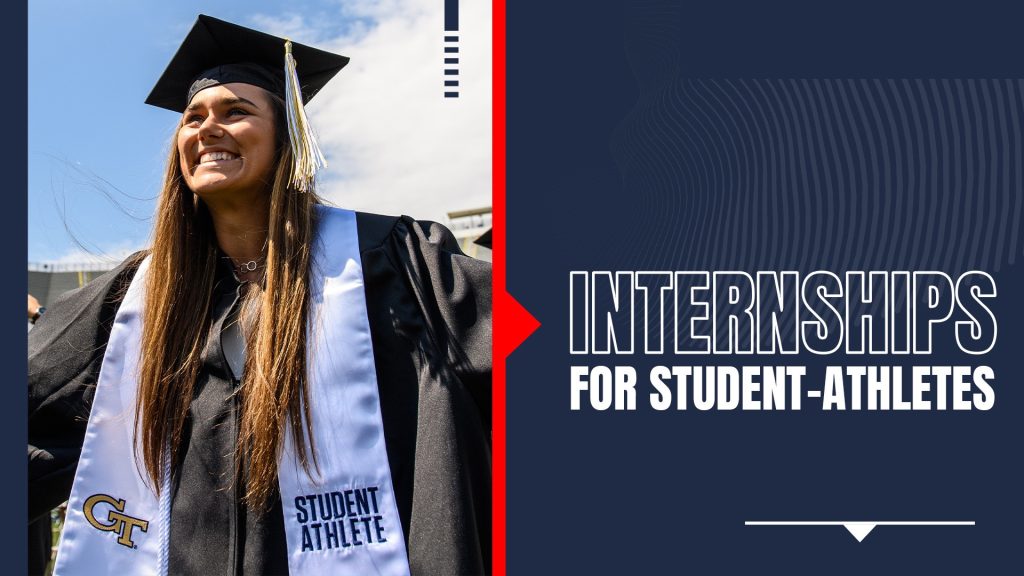The Entrepreneurial Athlete: Why NIL Ventures Deserve Internship Credit

Student-athletes dedicate immense time and effort to their sports, often more than their peers spend on part-time jobs and internships combined. With the advent of Name, Image, and Likeness (NIL), their workload has grown to include the responsibilities of a business owner. They are learning to build brands, manage finances, and market themselves, skills that are directly applicable to the professional world. This raises a crucial question: Shouldn’t these NIL ventures be recognized as a form of professional internship?
Redefining the Internship
An internship is designed to bridge the gap between academic learning and real-world experience. It allows students to apply theoretical knowledge, develop professional skills, and build a network. In this regard, a student-athlete’s NIL venture mirrors a traditional internship, providing hands-on experience in a variety of fields. These athletes are gaining invaluable skills in marketing, sales, financial management, branding, and negotiation—all while managing their academic and athletic responsibilities.
A Benefit for Everyone
Granting internship credit for NIL activities would benefit the entire college community.
For Career Centers:
- They can help student-athletes prepare for life after sports by formally recognizing the professional skills they’ve gained.
- They can create a structured pathway for students to demonstrate their professional development and connect their athletic work with their career goals.
For College Recruiters:
- They can identify and recruit candidates with proven entrepreneurial skills, resilience, and adaptability.
- They can highlight a diverse range of experiences in their hiring decisions, as NIL ventures expose students to various industries like media, marketing, and entertainment.
For Athletic Departments:
- They can support the holistic development of their student-athletes, helping them grow personally and professionally.
- They can attract top talent by demonstrating their commitment to an athlete’s future success beyond the field.
For Student-Athletes:
- They receive tangible recognition for their hard work through college credit or a formal certification.
- They gain a competitive edge in the job market with valuable, verifiable professional experience on their resumes.
A Framework for Evaluation
To ensure the integrity of the internship credit, colleges can implement a structured assessment process. Instead of a blanket policy, they could require student-athletes to demonstrate their learning through a combination of the following:
- Portfolio Review: Submitting a portfolio of their work, including branding strategies, content created, and contracts negotiated.
- Reflection Essays: Writing essays that discuss the skills they’ve gained and how these experiences will apply to their future careers.
- Presentations: Presenting their NIL business strategies and results to a panel of faculty and advisors.
- Mentorship Feedback: Providing evaluations from mentors, agents, or sponsors who have guided them.
- Financial Analysis: Breaking down the financial performance of their business to demonstrate an understanding of revenue and expenses.
By formalizing NIL as an internship, colleges can validate the entrepreneurial efforts of student-athletes, bridging the gap between their athletic commitments and their professional aspirations, and preparing them for success after sports.

